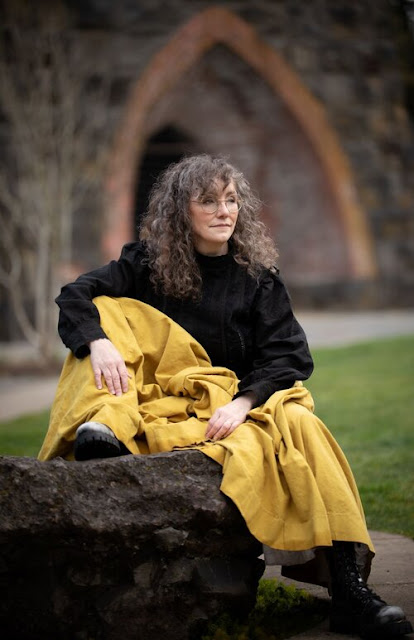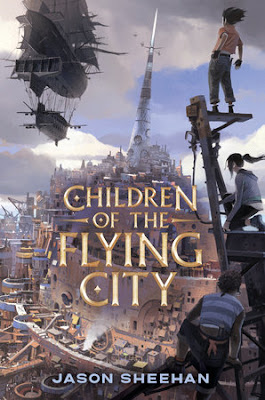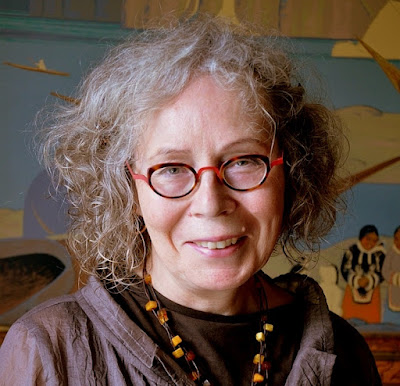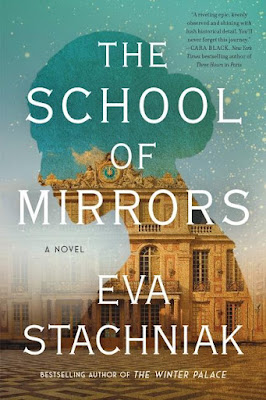Sara Mueller
A seamstress and horsewoman, Sara A. Mueller writes speculative fiction in the green and rainy Pacific Northwest, where she lives with her family, numerous recipe books, and a forest of fountain pens.

In a nomadic youth, she trod the earth of every state but Alaska and lived in six of them.
She’s an amateur historical costumer, gamer, and cook.
Mueller's debut novel is The Bone Orchard.
My Q&A with the author:
How much work does your title do to take readers into the story?Visit Sara A. Mueller's website.
For The Bone Orchard, the title does a lot of heavy lifting. The story is about how the past tends to grow into new problems, about how memories don't simply vanish even when we wish they would. The things that Boren thought they'd buried are regrowing from the roots, so to speak. The majority of the book is spent in Orchard House, named for its literal bone orchard.
What's in a name?
Everything, in this case! Charm and all the boneghosts are named for what they represent and what they are. Charm is... charming. Pain takes on the pain of others. They were very deliberately named. And hyacinths are such big, strong, showy, scented flowers that you can't miss if you're near them - just like Hyacinth Barker. At least in The Bone Orchard, names matter a lot.
How surprised would your teenage reader self be by your new novel?
I would've been shocked! I'm dyslexic, and, while I started writing stories as soon as I could write, my parents didn't think it was a good idea to encourage writing as a serious endeavor. I never imagined I had the capacity to write a novel.
Do you find it harder to write beginnings or endings? Which do you change more?
It's harder to write a solid beginning, but they're the set up for the whole story, because they're so important for setting the tone of the story. At the end, the reader should be able to look back and think 'yes, this was the promise of what this book would be'. The ending, at least of The Bone Orchard, changed a lot! Originally it was a whole different person who did the murder. I got halfway through and realized that my initial impulse had been too simple, too shallow, tootidy, and that I had a much more complicated, messy, motivated murderer right at my fingertips. I didn't even have to rewrite. All the breadcrumbs were already there.
Do you see much of yourself in your characters? Do they have any connection to your personality, or are they a world apart?
They're definitely not me. I wish I was as entirely able to keep getting up and going on as Charm is, but I wrote a character whose determination I could aspire to even if she's not always perfect and is certainly not me.
What non-literary inspirations have influenced your writing?
I think it's impossible for a writer's various kinds of input and experiences not to influence their writing. My mother was a domestic violence survivor who went on to be happily married for more than fifty years. She was, for her whole life, a survivor. It would be hard to deny that as a formative influence for The Bone Orchard. There was a drawing that a friend did of a tree whose fruit was bones. I thought it was so evocative that I asked if I could use that idea for a book some day. I had no idea of The Bone Orchard yet. Beautiful period dramas, both PBS drama series and stand-alone movies, helped remind me that the clothes make people stand and move in very particular ways. Even if an influence never made it directly to the page, it influenced how I thought about my work.
The Page 69 Test: The Bone Orchard.
--Marshal Zeringue
















